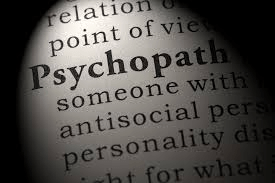This new paper argues that insights into the causes of the deterioration in the
current geopolitical order can be gained from a novel theory of international relations in which a minority of human beings with the psychological disorder of malignant narcissism are having a catalytic effect in reordering national and international politics in a way that
reflects their antagonistic, blame-shifting and extreme narcissistic worldviews.
Their influence at this moment in history reflects contemporary social structures at both national and international levels that tend to normalise and reward their values and behaviours, and increase their appeal to ordinary people during times of political failure and social upheaval.
The paper can be read here.


